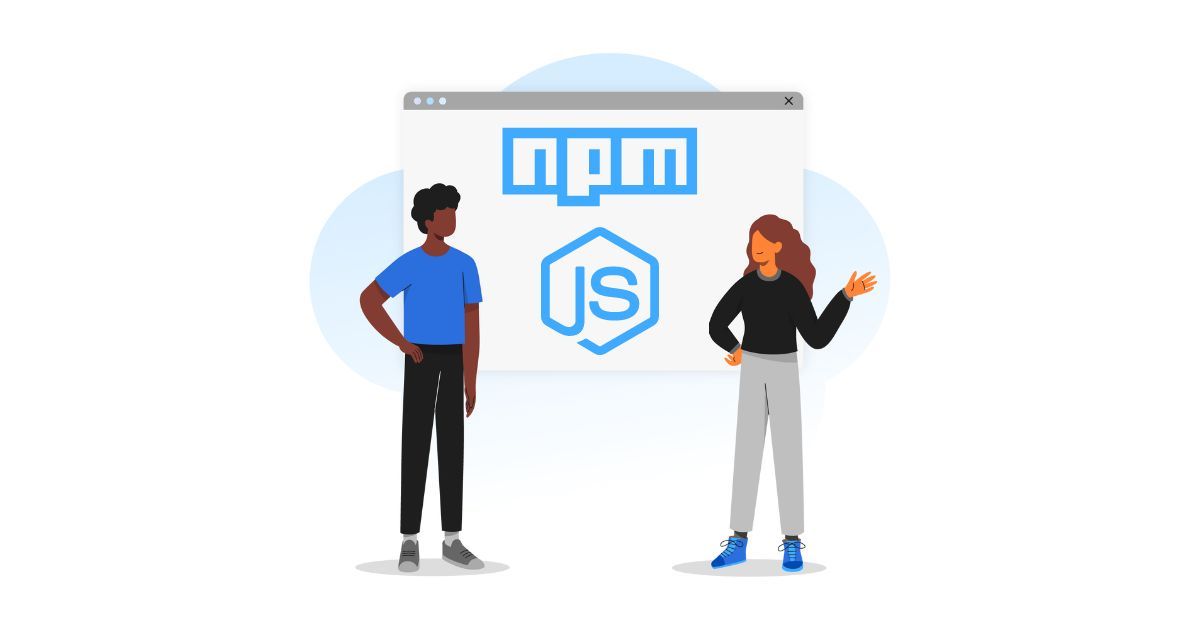
Introduction
Node.js has revolutionized web development with its ability to handle huge traffic while maintaining seamless performance. It is no wonder that major tech companies and startups have embraced Node.js to scale their businesses. One of the key factors contributing to Node.js’s popularity is its robust and feature-rich package manager called NPM. In this article, we will explore the top NPM packages that every Node.js developer should know about.
Understanding Security Culture:
- Express : Express.js is a fast and minimalist web framework for Node.js. It provides a robust set of features for building web applications and APIs. With its flexible architecture, Express.js allows developers to create single-page apps, multi-page apps, and hybrid apps for both desktop and mobile devices.
- Async : Async is an essential package for managing asynchronous operations in Node.js. It enables developers to handle complex dependencies and control the flow of asynchronous tasks efficiently. With functions like ‘map’, ‘filter’, ‘reduce’, and ‘parallel’, Async simplifies the management of asynchronous operations.
- Lodash : Lodash is a powerful utility library that provides helpful functions for working with arrays, objects, numbers, strings, dates, and more. It allows developers to write concise and efficient code by reducing the need for repetitive tasks and simplifying common programming functions.
- Axios : Axios is a popular HTTP client library that simplifies making HTTP requests from Node.js. It supports promises and provides an easy-to-use API for handling HTTP requests and responses. With Axios, developers can perform GET, POST, DELETE, and PUT requests effortlessly.
- Moment : Moment.js is a versatile library for manipulating, formatting, and validating dates in Node.js. It offers a simple and intuitive API for working with dates, supporting a wide range of date and time formats. Moment.js is a must-have for any project that deals with dates and times.
- Babel : Babel is a widely used JavaScript compiler that allows developers to write modern JavaScript code and transform it into backward-compatible versions. It enables developers to leverage the latest language features while ensuring compatibility with older platforms and browsers.
- Socket.io : Socket.io is a real-time bidirectional communication library that enables interactive and dynamic web applications. It facilitates seamless communication between clients and servers, making it ideal for building chat programs, multiplayer games, and other real-time applications.
- Mongoose : Mongoose is an object data modeling (ODM) library for MongoDB. It provides a higher-level API for interacting with MongoDB databases, making it easier to define schemas, perform queries, and handle validations. Mongoose simplifies the integration of Node.js applications with MongoDB.
- Redux : Redux is a predictable state container for JavaScript applications, commonly used with libraries like React. It offers centralized state management, immutability, and middleware support, making it easier to manage and maintain application state.
- Webpack : Webpack is a powerful module bundler widely used in modern JavaScript development. It enables developers to bundle and manage project dependencies, optimize asset delivery, and support module-based development. Webpack plays a crucial role in building efficient and scalable applications.
Conclusion
Node.js developers have access to a vast ecosystem of NPM packages that enhance productivity, provide essential functionality, and simplify complex tasks. The packages mentioned in this article represent just a fraction of the popular options available. By leveraging these packages and following best practices for package usage, developers can build robust and scalable Node.js applications while saving time and effort in the development process. Embracing the power of NPM packages is a surefire way to stay ahead in the ever-evolving world of Node.js development.
Related Posts
Enhance Your Onboarding Process with These 7 Tips
The onboarding process plays a crucial role in shaping an employee’s experience and productivity from…
Crafting an Attention-Grabbing LinkedIn Profile.
Your LinkedIn page is one of the most efficient tools in your job search. With…
Creating the Future Social Workforce
In today’s rapidly evolving world, the field of social work plays a vital role in…
Metaverse Shopping: Experience the Future of Shopping!
How well this mistaken ideas off denouncing pleasure & praisings will give you complete.






